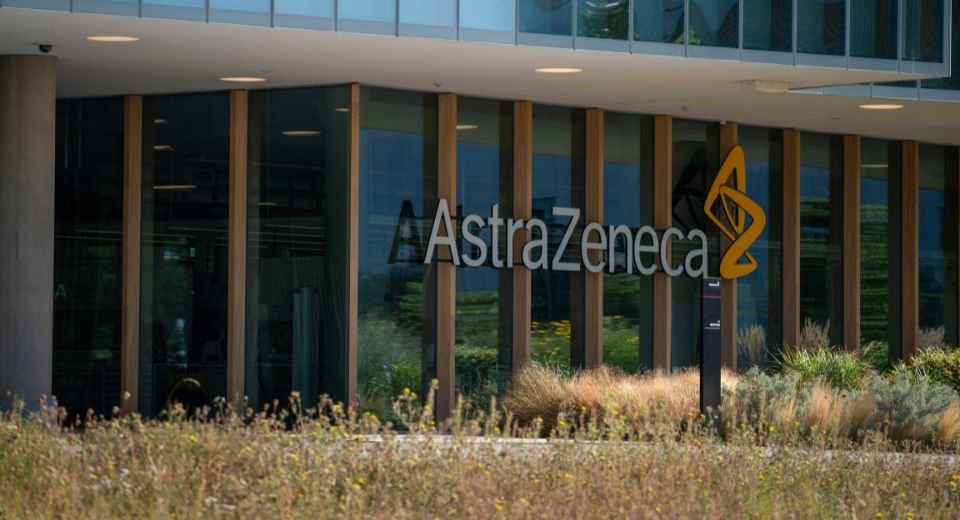HQ Team
March 21, 2025: AstraZeneca has announced a $2.5 billion investment in a new Beijing R&D center, partnerships with Harbour BioMed and Syneron Bio, and a vaccine joint venture with BioKangtai, solidifying its commitment to China’s biotech ecosystem. The investment will be over the next five years.
This marks the UK-based pharmaceutical giant’s sixth global strategic R&D hub and its second in China, complementing its existing facility in Shanghai. The new center will focus on leveraging advanced biology and artificial intelligence to accelerate drug discovery and development, further cementing AstraZeneca’s position as a leading player in China’s burgeoning life sciences sector.
Strategic collaborations in China
As part of its expansion strategy, AstraZeneca has inked multi-billion-dollar agreements with two Chinese biotech firms, Harbour BioMed and Syneron Bio. The Harbour Biomed deal includes a $105 million equity investment by AstraZeneca and potential milestone payments of up to $4.4 billion. This partnership leverages Harbour BioMed’s Harbour Mice fully human antibody technology platform, allowing AstraZeneca to obtain the option to license two preclinical immunology programs. Additionally, AstraZeneca will nominate further targets for Harbour to discover next-generation multi-specific antibodies.
The Syneron Bio partnership focuses on using Syneron’s Synova platform to develop macro-cyclic peptides for chronic diseases. Syneron could earn up to $3.4 billion in development and commercial milestones. AstraZeneca will make upfront payments and potential near-term milestones totaling $75 million, along with an undisclosed equity investment in Syneron.
In addition, AstraZeneca has launched a joint venture with BioKangtai to establish its first vaccine manufacturing facility in China. Located in Beijing BioPark, the facility will produce vaccines for respiratory and infectious diseases.
Challenges
Despite an ongoing investigation into some of its employees regarding import taxes and other issues, AstraZeneca CEO Pascal Soriot emphasized that the new investment is unrelated to the probe. He reaffirmed the company’s long-term commitment to China, highlighting over $10 billion invested in local partnerships over recent years. Soriot noted that the project was conceived well before the current challenges arose, reflecting AstraZeneca’s confidence in China’s world-class life sciences ecosystem.
The new R&D center is expected to boost AstraZeneca’s workforce in Beijing to 1,700 employees. Harbour BioMed and Syneron Bio are also planning expansions in the city as part of their collaborations with AstraZeneca. Harbour BioMed will establish an innovation center in Beijing, co-located with AstraZeneca, while Syneron Bio plans to expand its R&D center in the city. This growth will not only enhance AstraZeneca’s research capabilities but also contribute to the development of Beijing as a major biotech hub.
US still key
While strengthening its foothold in China, AstraZeneca remains committed to its U.S. operations, where it operates two major R&D centers.
AstraZeneca’s announcement follows Johnson & Johnson’s unveiling of a $ 55-billion investment plan in the US. Shortly after, Eli Lilly also said that it has earmarked $27 billion for new manufacturing in the country.
Soriot highlighted the importance of both China and the U.S. in AstraZeneca’s strategy, stating that while China is “fundamental to innovation in the future,” the U.S. remains vital to the company’s global ambitions.
AstraZeneca’s decision to invest heavily in China reflects the country’s growing influence in the global pharmaceutical industry. China has become a critical market for international pharma companies due to its large population, increasing healthcare needs, and supportive policies for biotech innovation.
The integration of advanced technologies like AI and cutting-edge biology will be crucial in driving innovation and meeting the evolving needs of patients globally. AstraZeneca’s $2.5 billion investment in Beijing marks a significant milestone in its commitment to China and the broader life sciences community.
